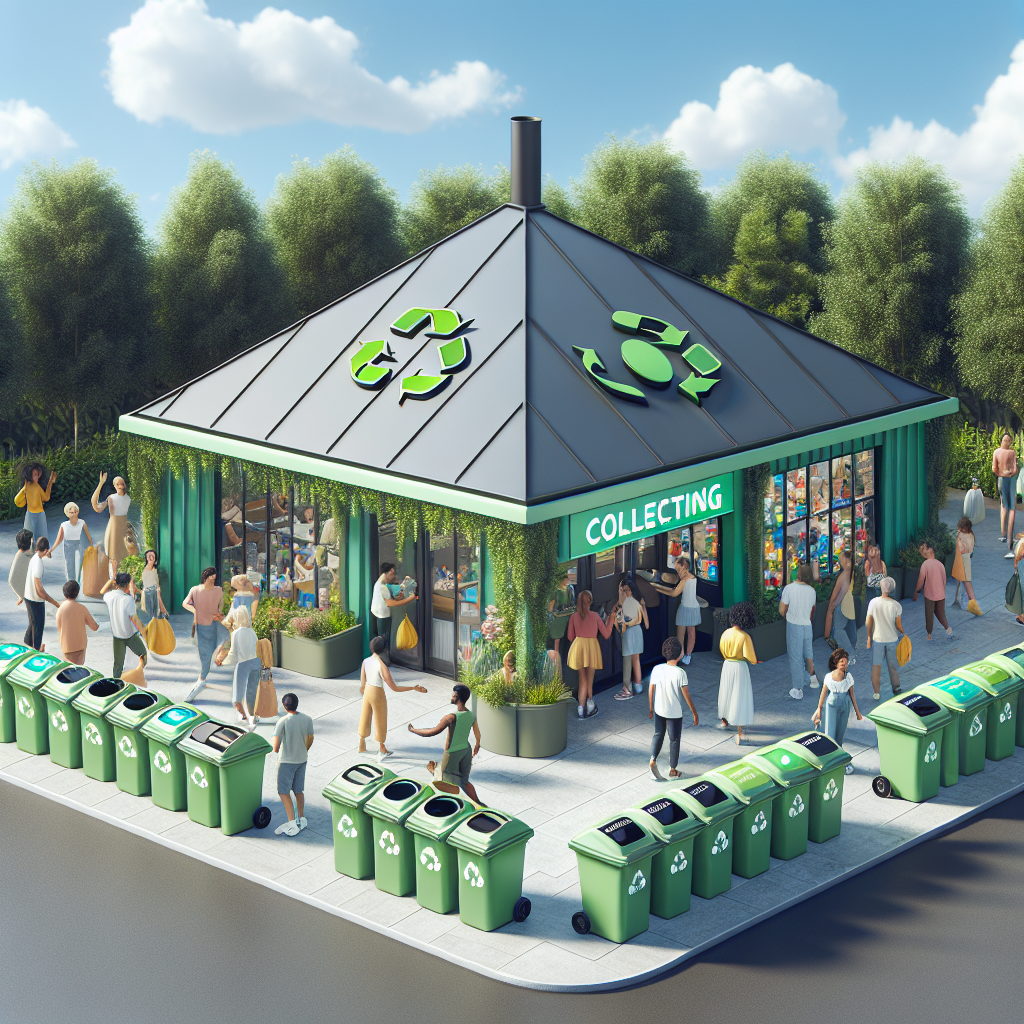Blog Ecobraz Eigre

How communities can set up local collection points
Importance of Local Collection Points
Local collection points are essential for enabling reverse waste logistics in Brazil, in accordance with the National Solid Waste Policy (Law No. 12.305/2010). They facilitate proper disposal by the population, promoting environmental sustainability and legal compliance.
Applicable Legislation
The National Solid Waste Policy, established by Law No. 12.305/2010 and regulated by Decree No. 7.404/2010, establishes shared responsibility between public authorities, the productive sector and citizens in the management and final disposal of waste, including the installation of collection points.
Planning and Structuring the Collection Point
The first step in setting up a local collection point is careful planning, taking into account accessibility, visibility and safety. It is essential to define the type of waste to be received, following technical and environmental standards. CETESB (cetesb.sp.gov.br) provides guidance on the appropriate infrastructure for packaging and segregating the materials collected.
Partnerships and Community Engagement
The engagement of government organizations, local entities and the population is a critical factor in the success of the collection point. Partnerships with municipal public bodies and social initiatives can guarantee operational support and effective communication. Popular participation, through educational campaigns, strengthens environmental awareness.
Management and Disposal of Collected Waste
After collection, the waste must be sent for proper disposal, according to the guidelines of the National Solid Waste Management Information System (SINIR). Special attention should be paid to electronic waste disposal, which should follow specific procedures to guarantee the security and integrity of the data, using a specialized electronic waste collection service.
For digital media such as hard drives, secure sanitation is mandatory to prevent unauthorized access to stored information, and can be carried out according to the process indicated in hard drive disposal.
Technical Challenges and Recommendations
Among the technical challenges are maintaining the collection point, controlling the flow and ensuring environmental safety. The use of personal protective equipment, appropriate signage and training for those involved are essential to avoid risks.
The NIST (nvlpubs.nist.gov) recommends protocols for protecting information on digital media before final disposal, aligning good information security practices.
Conclusion
Communities that structure local collection points contribute significantly to environmental sustainability and compliance with current legislation. Creation must be based on technical planning, partnership, environmental education and proper waste management, observing official standards that guarantee safety and efficiency.

Deixe um comentário
O seu endereço de e-mail não será publicado. Campos obrigatórios são marcados com *